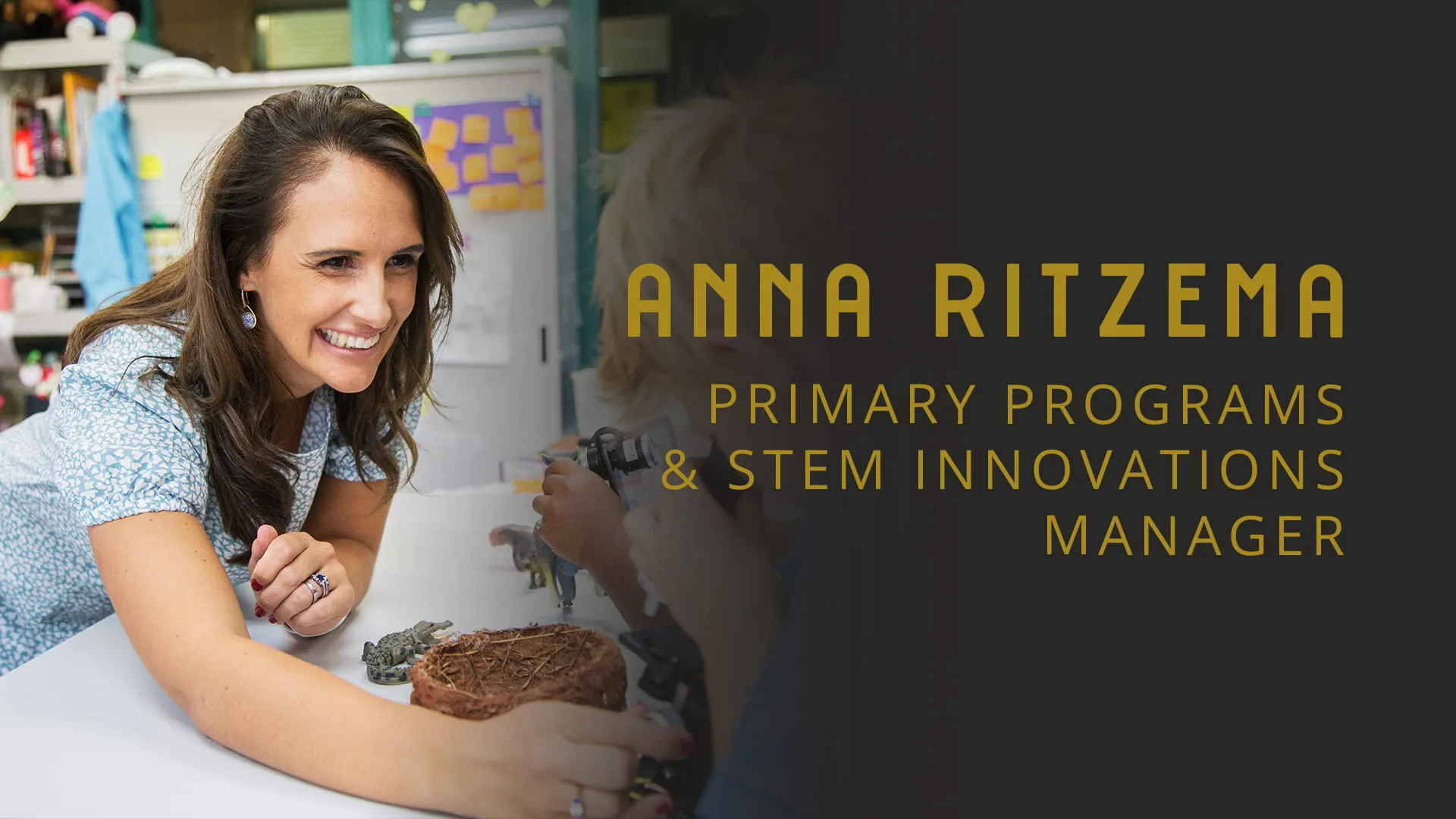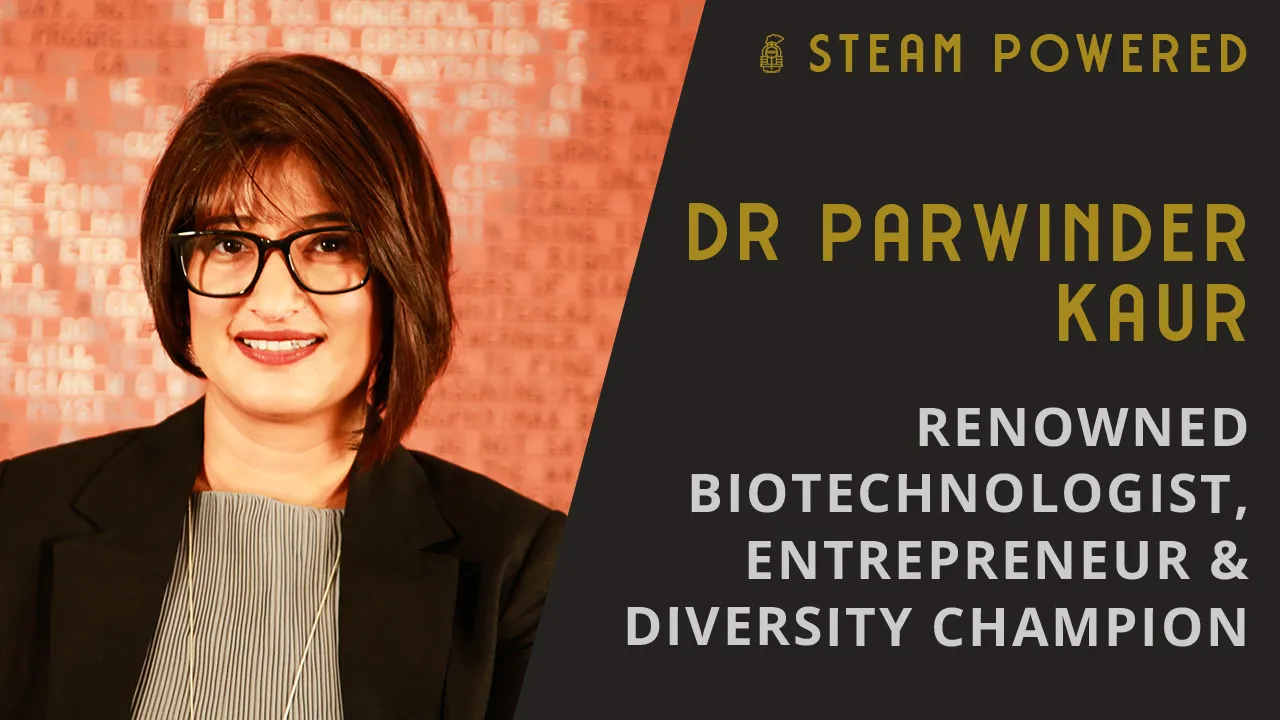Satellites, Wildfires, and Geography as Home Economics on a Global Scale with Dr Jessica McCarty
Dr Jessica McCarty specialises in all things satellites, wildfires, and agriculture and works with organisations like NASA and the Arctic Council on a range of fascinating problems around the relationship between humans and the world around us.
Join us as we talk about fire, people, climate, and what Jessica describes as home economics on a global scale.
About Dr Jessica McCarty
Dr Jessica McCarty is currently a tenured Associate Professor of Geography and Director of the Geospatial Analysis Center at Miami University in the United States. She has more than 15 years’ experience in remote sensing and geospatial science to quantify wildland and human-caused fires, fire emissions, agriculture and food security, and land-cover/land-use change. She is a NASA-funded investigator and author or co-author of more than 35 peer-reviewed journal articles, 4 data citations, and 1 NASA Technology Transfer. She is a member of the NASA Land-Cover/Land-Use Science Team and an Arctic Council Working Group, and has worked closely with many U.S. federal and state agencies as well as the United Nations. She is originally from the Appalachian Mountains of Kentucky and is a mom. She prefers dogs to cats and coffee to tea.
- Twitter: @jmccarty_geo
- LinkedIn: https://www.linkedin.com/in/jlmgis/
Listen to the Podcast
Listen on Apple Podcasts, Spotify, iHeartRadio, Amazon Music, Castbox, Deezer, Goodpods, Overcast, Pocket Casts, TuneIn, Blubrry, Podcast Addict, Podchaser, JioSaavn, RSS , and other podcast platforms.
Watch on YouTube
- [00:01:02] Jessica's journey to public policy.
- [00:01:30] Being willing to say yes to some seemingly odd requests.
- [00:02:14] Mapping human-caused fire across the lower 48 states of the US.
- [00:03:09] Being asked to do similar for Europe / Eurasia and IIASA.
- [00:04:26] The importance of international conferences and being exposed to the policy side of the work.
- [00:05:13] Understanding diplomacy and cross-cultural communication in a global space.
- [00:07:24] Fire and agriculture are male dominated areas.
- [00:10:16] Be willing to say 'yes', but recognise when you're not the right fit for the opportunity. Pay it forward.
- [00:12:28] Get to know who your civil servants are because science is closely tied to the factors that make up our society.
- [00:14:00] Scientists and policy-makers work together to find solutions.
- [00:16:52] Sometimes the reality is hard to hear. But it's necessary.
- [00:17:19] The private sector is becoming more directly interested in building resilience into their business model.
- [00:18:29] Academia and research is not the only path, use your expertise to create that bridge to industry as well.
- [00:20:23] If you're here, and you want to be here, this is where you belong.
- [00:21:35] What drew Jessica to fire and agriculture.
- [00:21:52] Jessica's upbringing around farms, national forests, and living off the land.
- [00:22:33] Living with the reality of wildfires and prescribed burning.
- [00:23:01] Learning and loving about satellites and GIS.
- [00:23:49] Realising she could combine technology and the knowledge she was raised with.
- [00:24:58] Geography is about the land as well as the people.
- [00:27:10] Researching fire regimes in the arctic and boreal regions. What is burning and why?
- [00:28:44] Prescribed burning and investigating (over) managing the land.
- [00:30:16] Understanding the transition between the boreal and the artic and the impact of fire in these areas.
- [00:30:41] Quantifying the benefits and impact of prescribed fire and cultural burning.
- [00:31:48] Short‑lived climate forcers (SLCFs) and the albedo effect.
- [00:33:18] Trying to ensure that all participants are compensated for their contributions. You pay your experts.
- [00:34:44] Working with the commercial satellite data to understand how much human-caused burning is happening in Northern America.
- [00:35:50] Working with a NASA-led team on how near-term climate futures impacts food security and food systems. Multi-factor including social systems and infrastructure.
- [00:37:12] Building up global scientists. We don't want to do 'parachute science' and leave anyone behind.
- [00:39:22] The land is also the relationship that people have with it.
- [00:39:53] The mission is to understand the universe, and the earth is part of it.
- [00:40:18] The transition to making knowledge and technology accessible to encourage collaboration and innovation.
- [00:41:23] Open data can lead to more applications and use cases.
- [00:42:40] NASA transitioning to open-source science.
- [00:43:20] How fire in the southern hemisphere is connected to the northern hemisphere.
- [00:46:20] Satellite imagery and visualisation exposing the connections between these global systems.
- [00:47:51] We're all connected.
- [00:51:27] Geography trains you very quickly to see the connections.
- [00:53:00] Do you know the difference between moose and elk?
- [00:54:45] Geography is the study of home. It's home economics on a global scale.
- [00:56:31] Deep time / Deep ecology. There is permafrost older than our species. Getting some perspective.
- [00:58:12] A point of reflection. Humans don't do well with uncertainty. We are in a moment of pause. But it's a time of opportunity.
- [01:01:40] The opportunities to increase diversity, equity, and inclusion by using technology to make science and knowledge more accessible.
- [01:02:47] Michele's not-COVID project.
- [01:04:43] Bonus Question 1: What hobby or interest do you have that is most unrelated to your field of work?
- [01:07:50] Bonus Question 2: Which childhood book holds the strongest memories for you?
- [01:11:19] Children and developing a sense of justice or injustice.
- [01:16:14] Bonus Question 3: What advice would you give someone who wants to do what you do? Or what advice should they ignore?
- [01:16:18] You don't have to pursue graduate studies immediately. You can take your time.
- [01:18:22] Make sure you get out what you put in in terms of your work and respect. You need to be able to thrive.
- [01:20:26] The two-body problem and balancing careers, relationships, and identity.
- [01:29:04] The freedom to have the choice to live our lives the way we feel works for us.
- [01:35:04] Find out more about Jessica and their work.
Highlights
Connect with Us
- @steampoweredshow
- @steampoweredshw
- @steampoweredshow
- @steampoweredshow
- @steampoweredshow
- @steampoweredshow
- steampoweredshow
Support STEAM Powered
Review Us
Please leave us a review on Apple Podcasts, Spotify, GoodPods, Podchaser, or your preferred podcatcher.
Become a Patron
Affiliate Programs
Start your own podcast or YouTube channel, or run panels and seminars with
Riverside.fm. Record up to 8
people in a session with up to 1000 audience members. You can record in advance
as I do, or you can livestream with the option to send it straight to Facebook,
Youtube, Twitter, or Twitch. There’s even a green-room for guests and live call
in for audience members. Afterwards, get separate video (up to 4K) and audio (up
to 48kHz) tracks per recorded participant for editing, none of that “active
speaker only” limitation. You know you’re in good hands with a service whose
client-base includes some heavy-hitters. Check out
Riverside.fm to see who else is on
board. Use promo code STEAM25 to get 25% off the first three months of your
subscription.
Music is “Gypsy Jazz in Paris 1935” by Brett Van Donsel.

